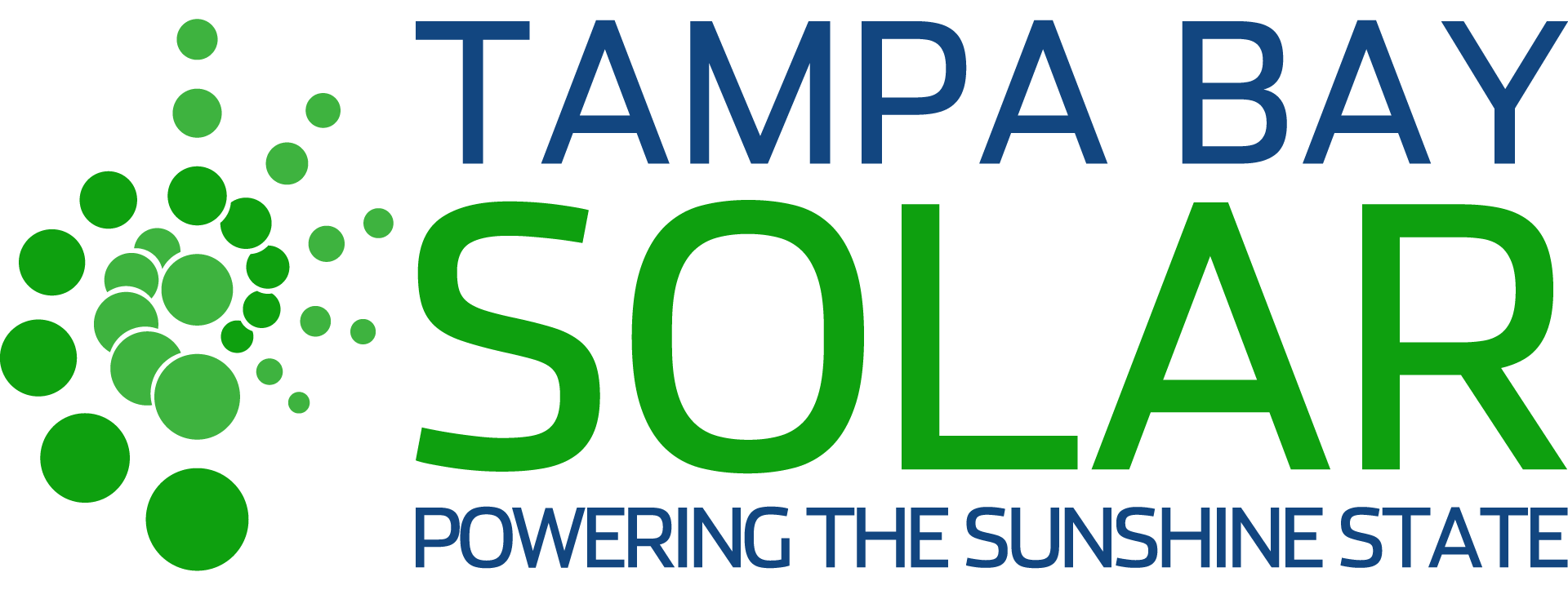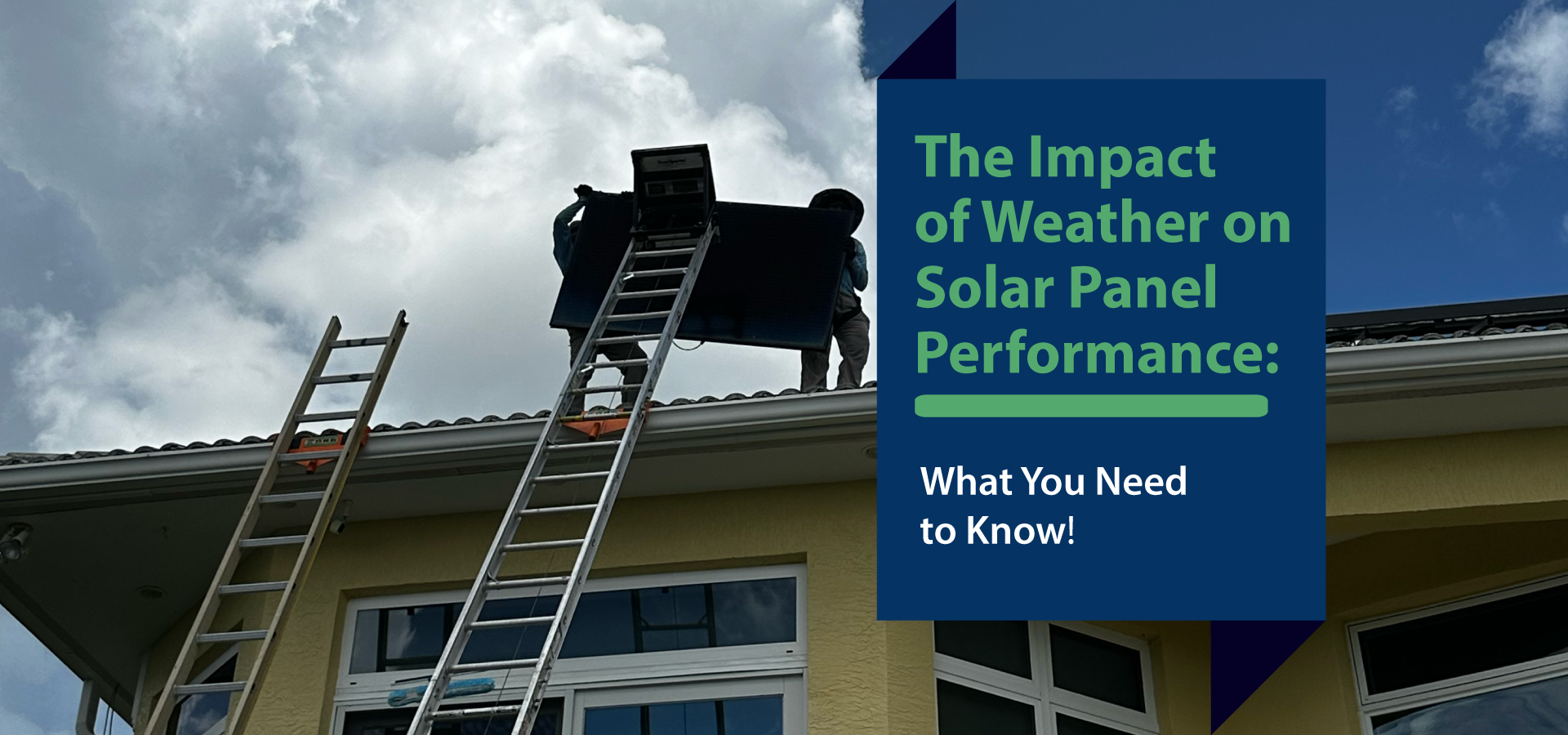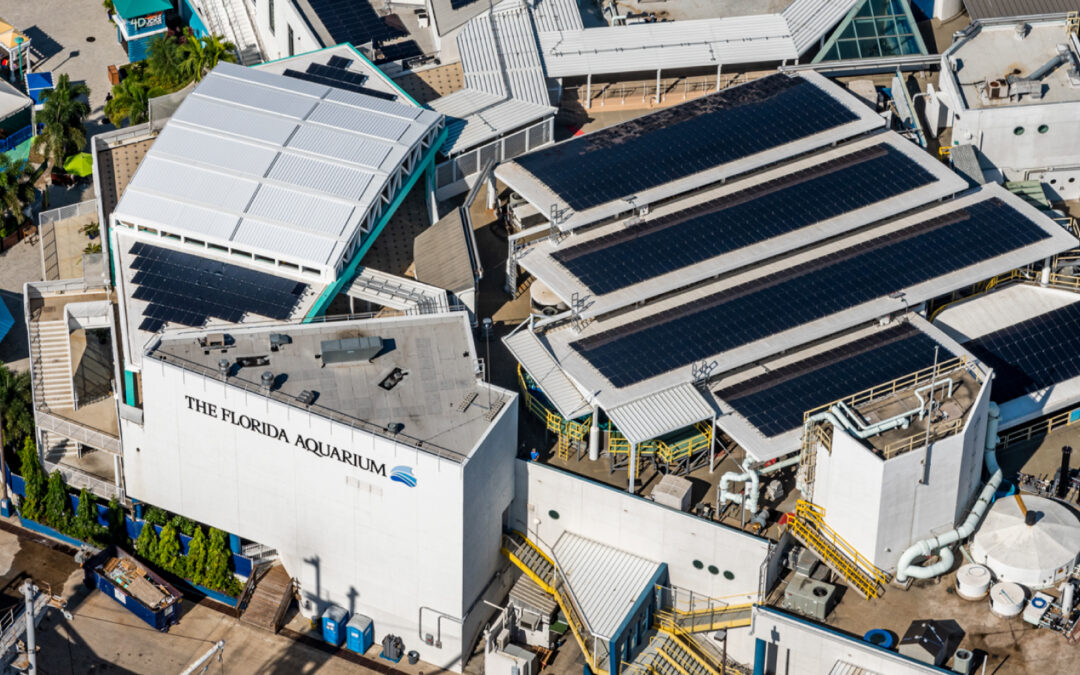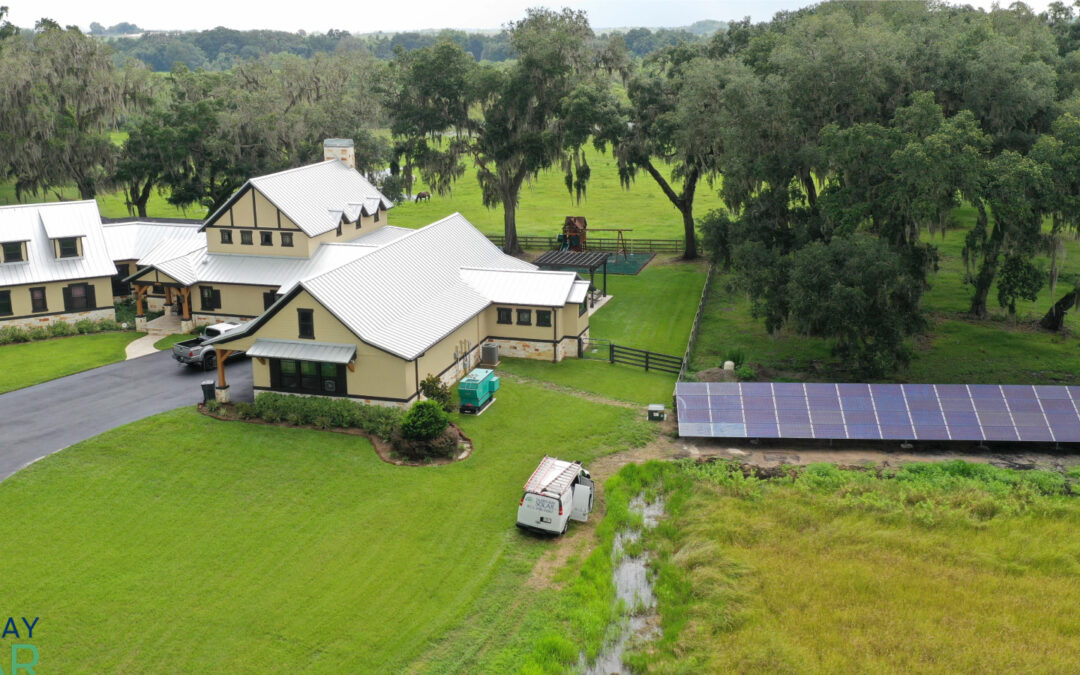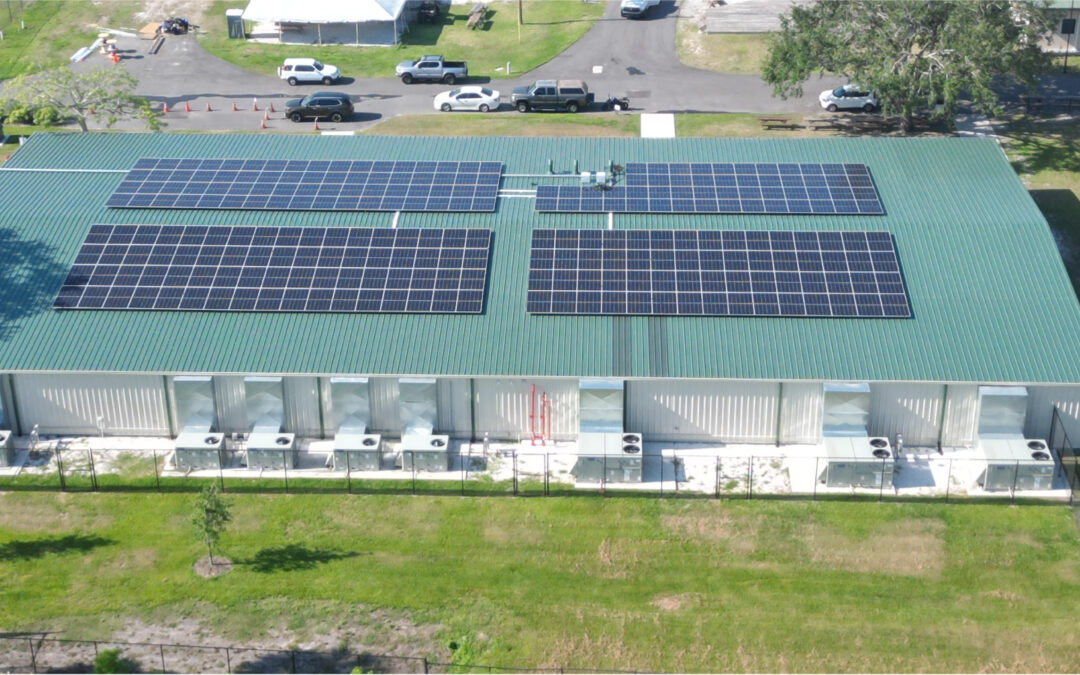How does weather affect solar panels: Solar panels provide clean energy, but the weather heavily influences their performance. Knowing how different weather conditions affect solar panels can help you maximize the efficiency of your solar power system. Here’s an overview of how various weather conditions impact solar energy production.
How does Weather Affect Solar Panels
Hot Weather and Solar Panels
Although solar panels need sunlight to produce electricity, extreme heat can lower their efficiency.
- Effect of Heat: Solar panels perform best between 59°F and 95°F. Once temperatures get too high, their efficiency drops by around 0.5% for each additional degree. This happens because heat increases resistance in the panels’ electrical components, making them less effective at generating power.
- Real-World Impact: Studies from the National Renewable Energy Laboratory (NREL) show that solar panels can lose up to 20% efficiency on sweltering days compared to cooler ones.
Cloudy and Rainy Days
Clouds and rain don’t stop solar panels from working, but they reduce the energy they produce.
- Cloud Cover: Solar panels still produce electricity on cloudy days but at a reduced level. Production can drop by 10% to 25% compared to sunny days. Even under heavy clouds, the panels capture scattered sunlight and generate power.
- Rain: While rain doesn’t harm solar panels, it temporarily blocks sunlight, reducing energy output. On the upside, rain can help clean off dirt and dust, boosting performance after the storm passes.
Cold Weather and Snow
Contrary to popular belief, solar panels work well in cold weather and can be more efficient in colder temperatures than hot ones.
- Cold Efficiency: Cold temperatures improve solar panel performance because lower temperatures reduce electrical resistance, allowing the panels to generate more power. For every degree 77°F, the efficiency of solar panels can increase by about 1%.
Maximizing Solar Panel Efficiency
You can take simple steps to keep your solar panels running efficiently in any weather:
- Proper Installation: Solar panels should be angled so that rain (and snow!) slide off easily, keeping them clean and working well.
- Regular Cleaning: Dust, debris, and bird droppings can block sunlight. Regularly cleaning the panels can help them work at peak efficiency.
All forms of weather can generate energy with solar panels, albeit the conditions can affect their efficiency. That’s why Tampa Bay Solar designs solutions that ensure you have the correct number of panels to compensate for expected temperature hikes. In addition, you can ensure your system runs well all year round by studying how temperature, clouds, and rain affect performance.
For high-quality systems and professional guidance on optimizing your solar energy, contact us right now.
